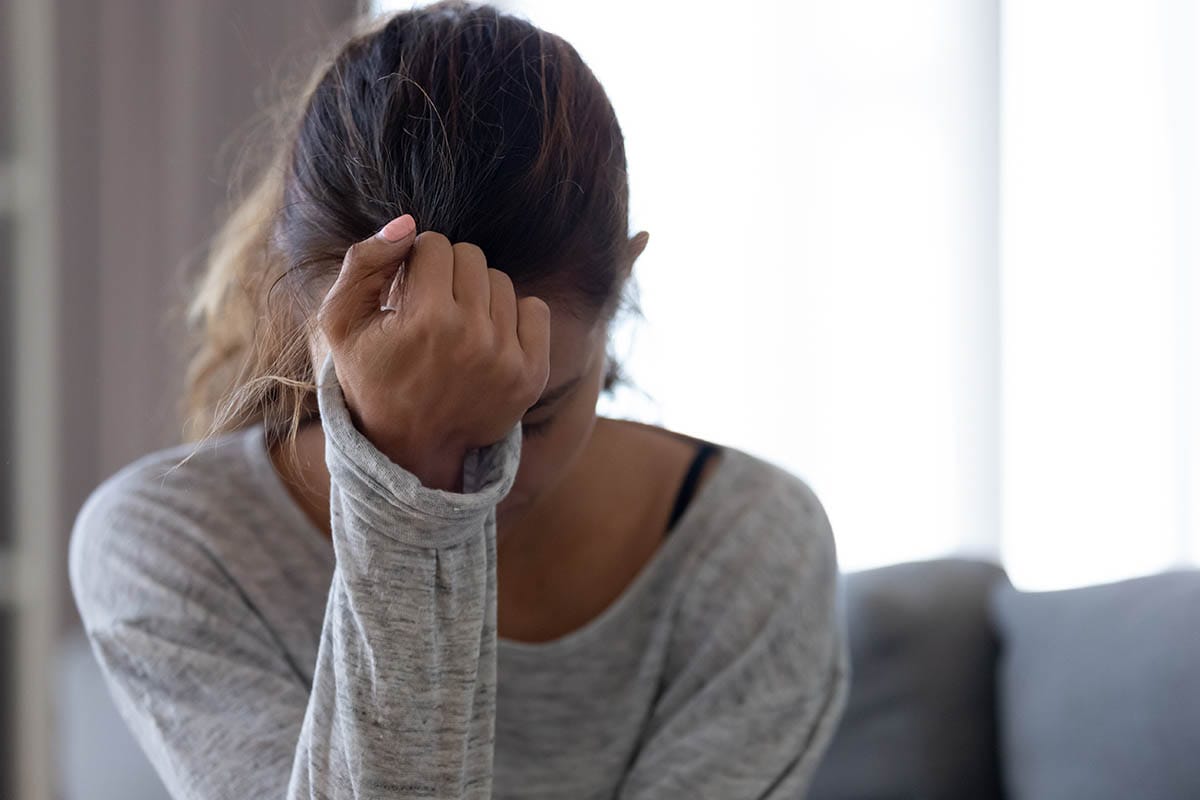Today, more women are using marijuana than ever before. Most people view the consumption of this drug as harmless or low-risk, especially when compared to other substances. However, a significant number of users will develop an addiction. Enrollment in a marijuana addiction program is strongly recommended if this happens to you. Can marijuana use or addiction lead to even bigger problems? In other words, is marijuana a gateway drug for women? Keep reading to learn more about this important issue.
What Is a Gateway Drug?
There is no strict definition of a gateway drug. Most researchers use this term to refer to a substance that:
- Is relatively mild
- Increases your chances of using more dangerous substances in the future
Some experts include non-addictive substances in the gateway category. Others limit the category to addictive substances such as alcohol, nicotine, or marijuana. The idea of a gateway drug is helpful in discussing addiction and how people seemingly fall into the cycle of addiction.
Is Marijuana a Gateway Drug? The Evidence in Favor of This Hypothesis
Some evidence supports the idea of marijuana use as a gateway to further drug problems. For example, a federal survey found that adults who use marijuana have increased alcohol use disorder or AUD risks. The same survey found that people with existing AUD who also use the drug tend to have worse alcohol-related symptoms. These same findings may apply to your risks for other kinds of serious substance problems, as well.
The age at which you start using marijuana may also be a factor. Researchers know that people who start using the drug as teens or preteens have higher addiction risks. Those risks not only apply to marijuana itself. They also apply to opioids and other substances generally perceived as more dangerous.
Is Marijuana a Gateway Drug? The Evidence Against This Hypothesis
Other facts do not support the idea of marijuana as a gateway drug. Perhaps the most significant piece of evidence is the rate at which the drug’s users develop additional problems. If marijuana acts as a true gateway, it’s reasonable to assume that this will happen to most people. However, that is not the case. A majority of marijuana users don’t get addicted to stronger substances.
Some scientists believe that the real issue is a general susceptibility to substance use. Susceptible people may start with any substance, not just marijuana. However, since marijuana is relatively easy to get, it often serves as the first drug of convenience.
Effective Marijuana Addiction Treatment
Whether or not marijuana is a gateway drug, addicted women and men need help to recover. Psychotherapy is the typical option for treatment. Specific forms of therapy you may receive include:
- CBT, or cognitive-behavioral therapy
- Motivational enhancement therapy
- Contingency management
Each of these therapies supports you in its own way. For example, the proper treatment can increase your commitment to getting better. It can also help you change the harmful thoughts, feelings, and behaviors that sustain addiction. In addition, your chosen therapy may reward you when you meet specific treatment goals.
Seek Help for Unhealthy Marijuana Use at Women’s Recovery
Are you or a loved one struggling with marijuana use? At Women’s Recovery, we specialize in marijuana addiction treatment geared toward women’s unique needs. No matter the extent of your addiction, we support you with customized recovery options.
Women’s Recovery also specializes in dual diagnosis treatment. You need this form of help if you have mental health issues in addition to addiction. Call us today at 833.754.0554 to learn more about our full slate of options. As an alternative, you can reach us through our online form.







